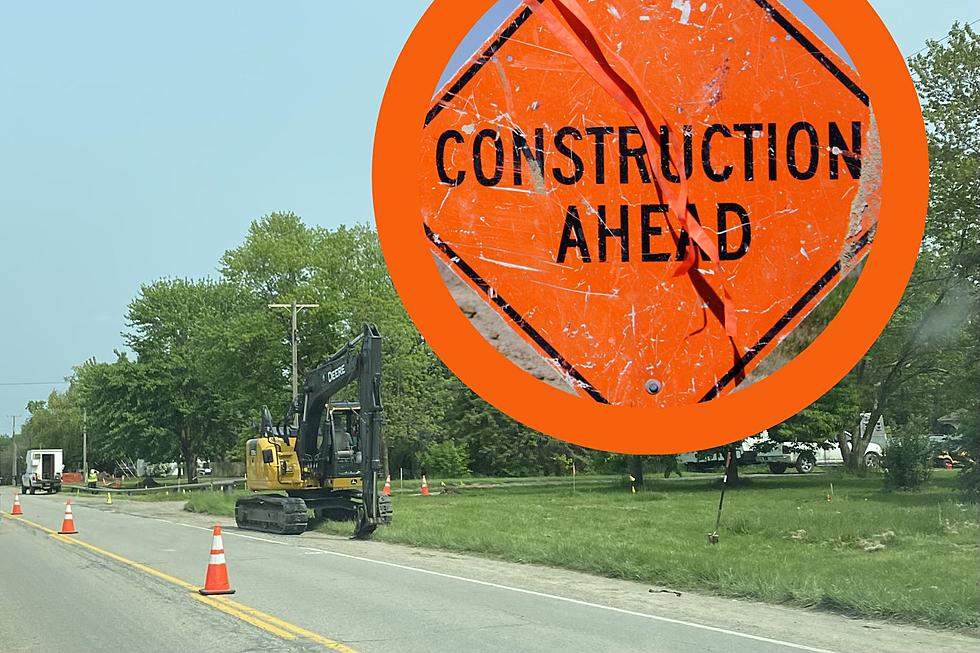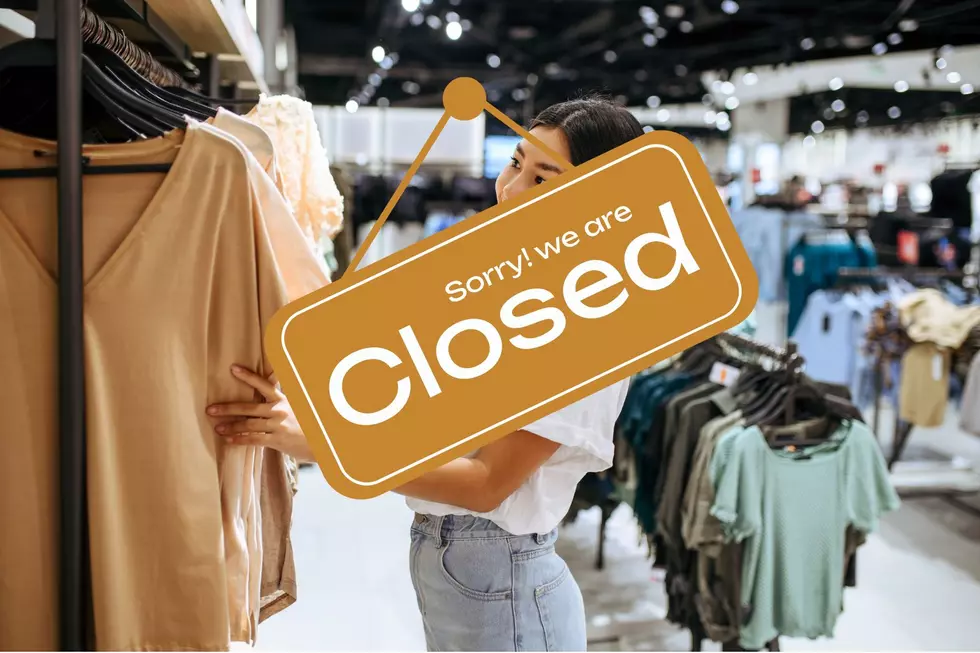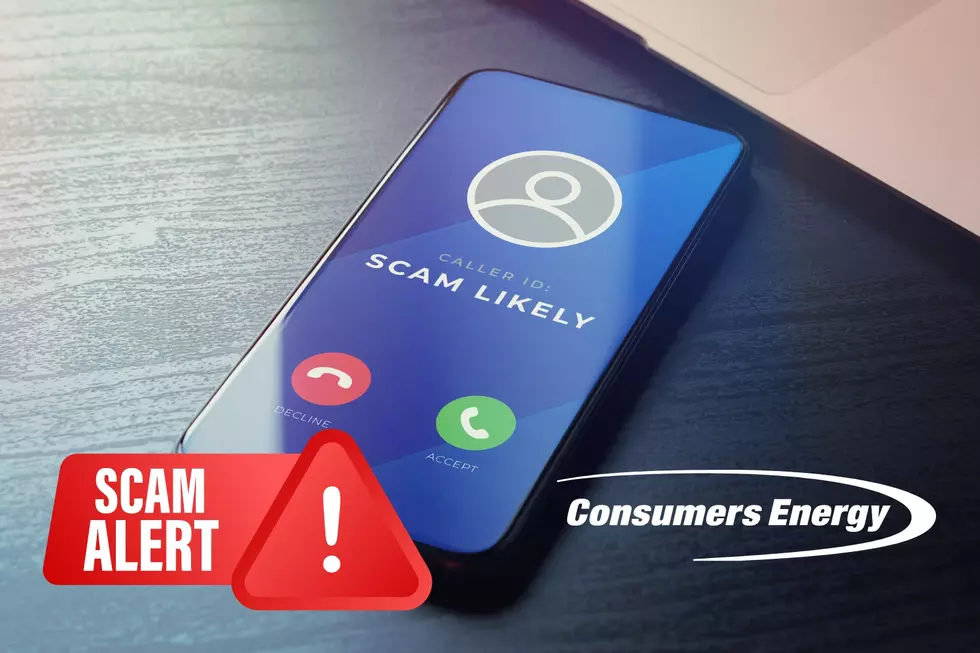
Phishing Attacks Surrounding COVID-19 Run Rampant, Don’t Be a Victim
There is no question that the COVID-19 pandemic has had an impact on nearly every aspect of daily life. Now experts are warning that scammers are using email phishing scams and other nefarious tactics to gain personal information and scam innocent victims.
With numerous states issuing stay-home initiatives, many people are now working from home. This gives hackers the perfect opportunity to pose as security experts or email administrators in order to gain access to companies' systems.

You may see an increase in messages from bad actors using emails and links geared toward COVID-19, insurance changes, unemployment benefits, and federal stimulus checks. Also, be careful with images of coronavirus maps and any message that offers help collecting benefits.
The United States Department of Homeland Security (DHS) Cybersecurity and Infrastructure Security Agency (CISA) and the United Kingdom’s National Cyber Security Centre (NCSC) have issued a joint alert warning consumers about the dangers of innocent-looking emails that could lead to cyber-attacks.
- Phishing, using the subject of coronavirus or COVID-19 as a lure,
- Malware distribution, using coronavirus- or COVID-19- themed lures,
- Registration of new domain names containing wording related to coronavirus or COVID-19, and
- Attacks against newly—and often rapidly—deployed remote access and teleworking infrastructure.
The alert also warns consumers about emails and links that lead to phishing websites that contain malware and ransomware.
We caution our users on a regular basis (probably to the point of annoyance) about the dangers of cyberattacks. Remember, if it looks suspicious, it probably is. And don't share your password with anyone.
How can I stay safe while grocery shopping? And answers to 24 other coronavirus questions
More From Cars 108









